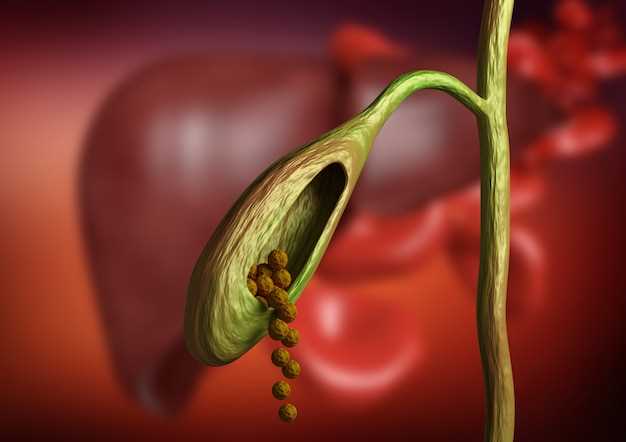
Are you suffering from bladder stones? Tamsulosin may be the solution you’ve been looking for. Bladder stones can be incredibly painful and disruptive to your daily life, but with the help of tamsulosin, you can find relief. Tamsulosin is a medication that helps relax the muscles in your bladder and prostate, making it easier for you to pass urine and potentially break down bladder stones. Speak to your doctor today about whether tamsulosin could be right for you.
What are bladder stones?

Bladder stones, also known as vesical calculi, are hard mineral deposits that form in the bladder. These stones can vary in size and composition, with the most common types being made of calcium or uric acid. Bladder stones can cause a variety of symptoms, including frequent urinary tract infections, difficulty urinating, and pain in the lower abdomen.
Bladder stones are often caused by factors such as urinary retention, urinary tract infections, or an enlarged prostate. In some cases, certain medications or medical conditions can also increase the risk of developing bladder stones.
If left untreated, bladder stones can lead to complications such as blockages in the urinary tract, which may require surgical intervention to remove the stones. It is important to seek medical attention if you suspect you may have bladder stones to receive proper diagnosis and treatment.
Tamsulosin
Tamsulosin is a medication that belongs to a class of drugs called alpha-blockers. It is commonly prescribed to treat symptoms of benign prostatic hyperplasia (BPH) in men. Tamsulosin works by relaxing the muscles in the prostate and bladder neck, making it easier to urinate.
How does Tamsulosin help?
By blocking the alpha-adrenergic receptors in the smooth muscles of the prostate and bladder, Tamsulosin helps to relieve symptoms such as difficulty urinating, weak urine flow, and the frequent need to urinate. It improves the flow of urine and reduces the symptoms associated with BPH.
How does Tamsulosin help?
Tamsulosin is commonly used to treat symptoms of benign prostatic hyperplasia (BPH), a condition where the prostate gland becomes enlarged, leading to difficulty urinating. Tamsulosin works by relaxing the muscles in the prostate and bladder neck, making it easier to urinate. This medication helps to improve urine flow and reduce the symptoms associated with BPH, such as frequent urination, weak stream, and urgency.
Benefits
Tamsulosin is highly effective in relieving symptoms of an enlarged prostate, such as difficulty urinating, weak stream, and frequent urination. It helps relax the muscles in the bladder and prostate, making it easier to urinate.
- Improves urine flow: Tamsulosin helps to improve the flow of urine, making it easier to empty the bladder completely.
- Reduces discomfort: It can help reduce the discomfort and pain associated with conditions like benign prostatic hyperplasia (BPH).
- Enhances quality of life: By improving urinary symptoms, Tamsulosin can significantly enhance the quality of life for individuals experiencing prostate issues.
- Minimizes complications: By reducing the risk of bladder inflammation, urinary tract infections, and other complications, Tamsulosin can help prevent further health issues related to prostate conditions.
Advantages of Tamsulosin
Tamsulosin offers several advantages for individuals dealing with bladder stones. Here are some key benefits:
- Efficiency: Tamsulosin works effectively to relax the muscles in the bladder and prostate, helping to ease the passage of urine and reduce discomfort associated with bladder stones.
- Convenience: Tamsulosin is typically taken once daily, making it a convenient treatment option for those with busy schedules.
- Non-invasive: Unlike some other treatments for bladder stones, Tamsulosin is taken orally and does not require any invasive procedures.
- Minimal side effects: Tamsulosin is generally well-tolerated, with few serious side effects reported. Common side effects may include dizziness, headache, and nasal congestion.
- Proven effectiveness: Tamsulosin has been clinically proven to be effective in treating the symptoms of bladder stones and improving urinary flow.
Usage
When taking Tamsulosin, it is important to follow the prescribed dosage as directed by your healthcare provider. Typically, Tamsulosin is taken once a day, 30 minutes after the same meal each day to help with absorption. It is recommended to swallow the capsule whole with a glass of water, and not to crush, chew, or open the capsule. Do not exceed the recommended dose or take Tamsulosin more often than prescribed. If you miss a dose, take it as soon as you remember, but do not double up on doses to make up for a missed one.
How to take Tamsulosin
When taking Tamsulosin, it is important to follow the prescribed dosage as instructed by your healthcare provider. Typically, Tamsulosin is taken once daily, 30 minutes after the same meal each day. It is important to swallow the capsule whole with a glass of water, and not crush, chew, or open the capsule.
It is recommended to take Tamsulosin at the same time each day to maintain a consistent level of the medication in your system. Do not increase or decrease the dosage without consulting your doctor first. If you miss a dose, take it as soon as you remember, but skip it if it is almost time for your next dose.
It is important to continue taking Tamsulosin even if you feel well, as this medication is most effective when taken regularly. If you have any questions about how to take Tamsulosin or experience any side effects, be sure to contact your healthcare provider for guidance.
Side Effects
While Tamsulosin is generally well-tolerated, there are some common side effects that may occur:
- Dizziness
- Headache
- Fatigue
- Retrograde ejaculation (in men)
- Nasal congestion
- Abnormal ejaculation
These side effects are usually mild and temporary. However, if you experience any severe or persistent side effects, it is important to consult your healthcare provider immediately.
